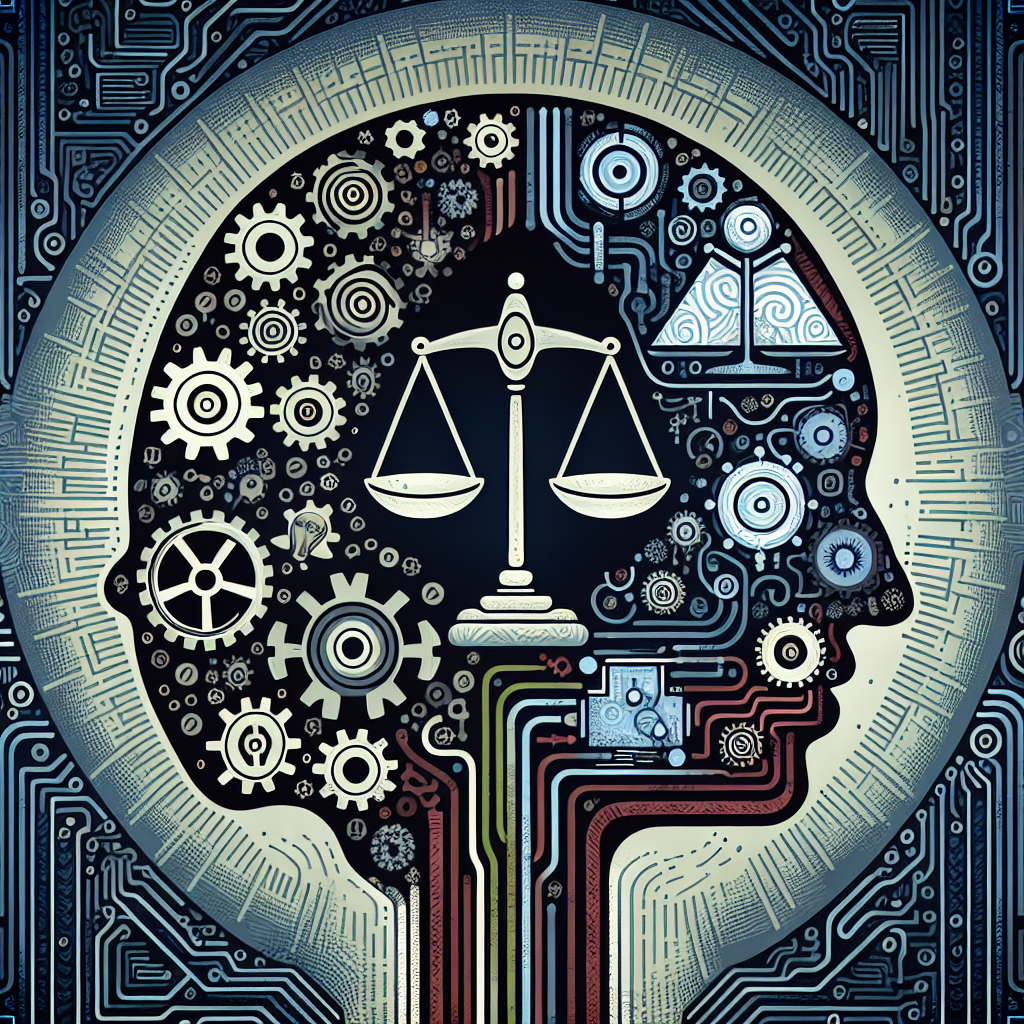Ethical Frameworks for Machine Learning and AI: A Roadmap for Responsible Innovation
Ethical Frameworks for Machine Learning and AI: A Roadmap for Responsible Innovation
As artificial intelligence (AI) and machine learning technologies continue to advance at a rapid pace, it has become increasingly important for organizations to develop ethical frameworks that guide the responsible development and deployment of these technologies. Ethical frameworks provide a roadmap for ensuring that AI and machine learning systems are designed and used in a way that respects human rights, promotes fairness, and minimizes harm.
One of the key principles that underpins ethical frameworks for AI and machine learning is transparency. Organizations should strive to be transparent about how their AI systems work, including the data they use, the algorithms they employ, and the decisions they make. Transparency helps to build trust with users and stakeholders, and allows for greater accountability when things go wrong.
Another important principle is fairness. AI systems have the potential to perpetuate or even exacerbate existing biases and inequalities, so it is crucial that organizations take steps to ensure that their systems are fair and unbiased. This may involve using diverse and representative data sets, testing for bias in algorithms, and implementing measures to mitigate bias in decision-making processes.
Privacy and data protection are also key considerations when developing ethical frameworks for AI and machine learning. Organizations must ensure that they are collecting and using data in a way that respects individuals’ privacy rights, and that they have appropriate safeguards in place to protect sensitive information.
In addition to these principles, ethical frameworks for AI and machine learning should also address issues such as accountability, explainability, and human oversight. Organizations should have mechanisms in place to hold individuals and institutions accountable for the decisions made by AI systems, and should be able to provide explanations for how these decisions were reached. Human oversight is essential to ensure that AI systems are used responsibly and ethically, and to intervene when necessary to prevent harm.
In conclusion, ethical frameworks for AI and machine learning provide a roadmap for responsible innovation in these rapidly evolving technologies. By following principles such as transparency, fairness, privacy, and accountability, organizations can ensure that their AI systems are developed and used in a way that benefits society and respects human rights. As AI technologies continue to shape our world, it is more important than ever to prioritize ethics and responsible innovation in their development and deployment.


